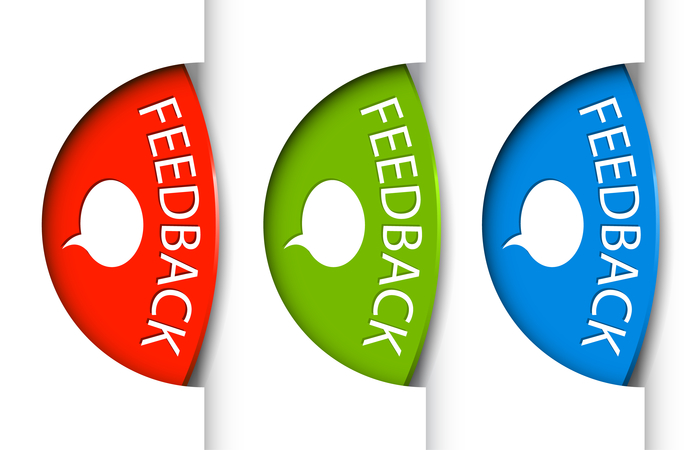
“We all need people who will give us feedback. That’s how we improve.”—Bill Gates.
Receiving feedback is highly beneficial, and no matter how well you do something, it will always be important to receive some. Feedback gives you a chance to improve and build on certain aspects your peer saw you could work on, it also gives you an impression as to how people view what you have created, which can spur changes or improvements. Having a positive attitude in receiving feedback will also show a more approachable impression to working together with your colleagues.
Asking for feedback provides you with different opinions and impressions from other people regarding what you have done. Author of Thanks for the Feedback: The Science and Art of Receiving Feedback Well, Shelia Heen, describes the process of asking and receiving feedback as a method that “will make you happier and more productive at work”. The way you ask for feedback should always be positive and constructive, meaning that it should be given a good impression by whomever you ask feedback from. According to Heen, choosing the right words will most definitely determine the response.
For example, she suggests that instead of asking “Do you have any feedback for me?” you could instead say, “What’s one thing I can improve on?”. It should be noted that questions that result in a yes or no answer, should always be avoided as thy do not give an opportunity for discussion. The Harvard Business Review also suggests that you should always “press” for examples to “get the most out of the feedback”. This way, you could also get a glimpse as to how it should look like and not just the why.
Receiving feedback is a step, which for some could require patience and understanding. Executive coach and instructor at the Stanford Graduate School of Business, Ed Batista describes receiving feedback as “a stressful experience”. However, knowing how to receive feedback is just as important as knowing how to ask for it. “Your colleagues are less likely to push past your defensiveness and more willing to write you off, if they have a hard time working with you. If that happens, you’ll never know why—since you would not have heard the feedback—it means the more likely you repeat the same mistakes” (Peter Bregman, The Harvard Business Review).
Upon receiving feedback you should always try to listen without judgment regardless if it is negative or positive feedback. Keep in mind that the more honest people are, and the more open you are to hearing the feedback, the greater the chance of improving and working together.
Taking notes is also a useful tactic as it does not only give you reference as to what they say, but it also shows them that you really are taking the feedback into consideration, which would most likely make them give you more. Feedback is a useful way in improving on something. Though feedback may vary in being either positive or negative, it is still how people perceive it, and it is something you should be open to.
Brodie Bavidge
